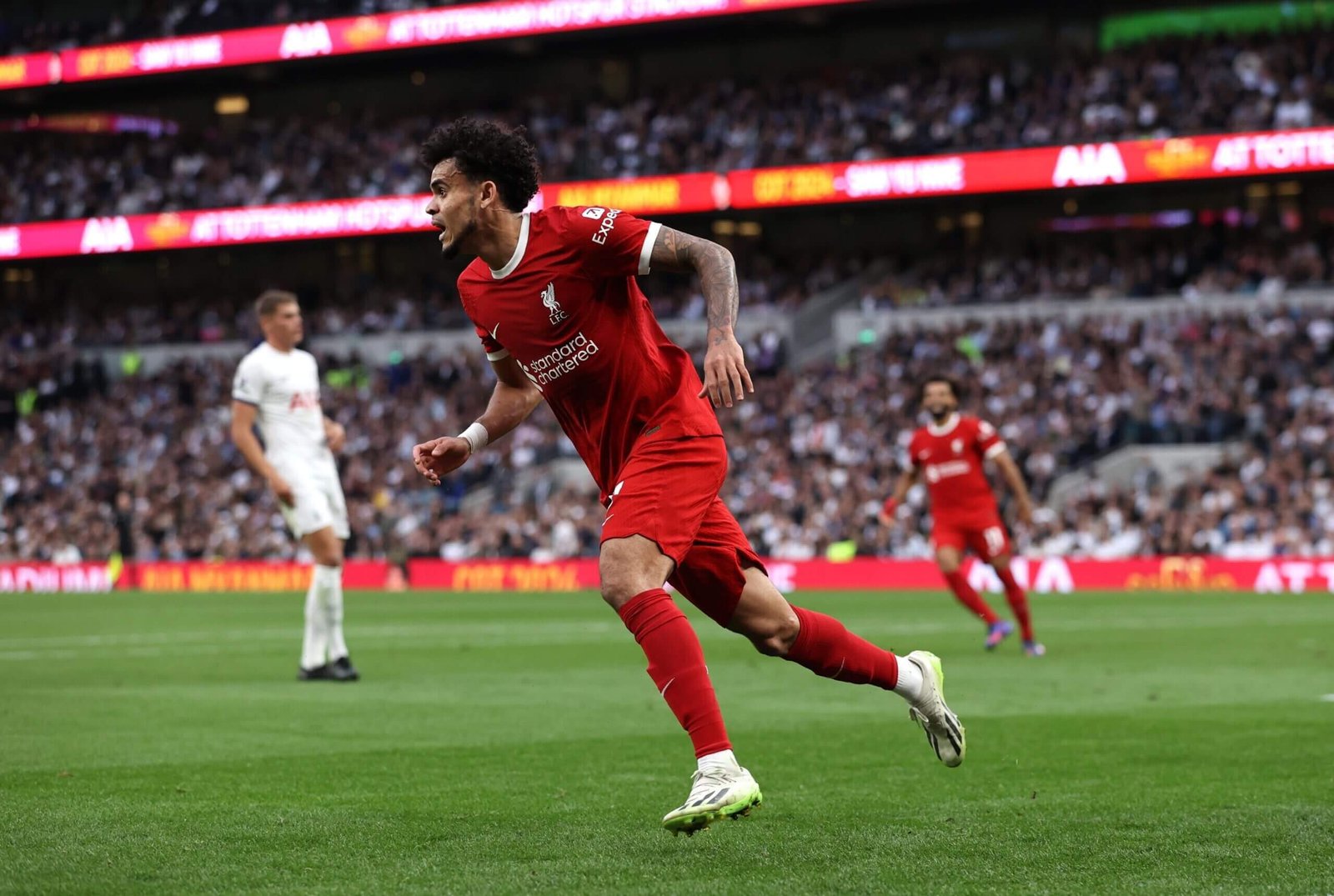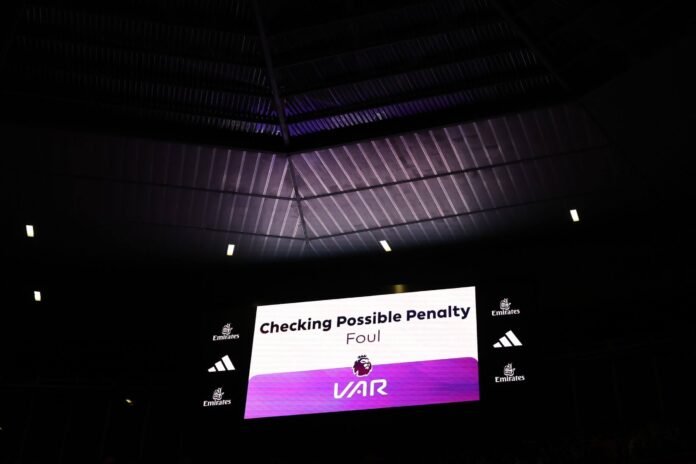The Premier League has cause to believe this season is turning out just as they had wished. More minutes, drama and goals, less time-wasting and dissent. Even video assistant referees (VAR), they argue, are gradually becoming a force for good.
It is a bold claim set against a backdrop of diminishing public faith in video support and high-profile glitches in the system, but according to the Premier League, they have now reached a point where 96 per cent of its refereeing decisions are correct.
Imperfections are still accepted over the accuracy of VAR and the delays it brings, but Tony Scholes, the Premier League’s chief football officer, has insisted the standard of refereeing in English football’s top flight is as strong as it has ever been.
Scholes was up in front of the media on Wednesday in a mid-season debrief and The Athletic brings you the highlights of what he had to say.
VAR is working. No, really.
Five years after the introduction of video assistant referees to the Premier League, they remain a contentious, controversial aid. The lamentable mistakes — none bigger than Luis Diaz’s wrongly disallowed goal for Liverpool during their defeat Tottenham in September — have struggled to convince supporters of VAR’s value, but Scholes offered up numbers that point to the benefits.
Correct decisions, he said, had climbed from 82 per cent in those innocent days before VAR to 96 per cent now. This season alone has seen VAR correctly intervene on 57 occasions and incorrectly just twice.
Or so goes the judgements of the Key Match Incident (KMI) Panel, a group of ex-players and coaches brought together ahead of the 2022-23 season to assess every major decision that comes in a Premier League fixture. It was their view that 20 VAR errors (different to incorrectly intervening) had been made this season, down on the 25 from this point of last term. There were deemed to be a further 17 errors when VAR had not intervened, like when Manchester United’s Andre Onana escaped punishment clattered into two Wolverhampton Wanderers players on the opening weekend.
Onana should have been punished for this challenge (Stu Forster/Getty Images)
“Clearly everything in the world of VAR is not perfect,” said Scholes, who works alongside Professional Game Match Officials Limited (PGMOL) boss Howard Webb.
“We’re aware of that and we know we’ve got work to do… The panel’s results would suggest that match officiating in the Premier League is at least as good/better than it’s ever been.”
VAR, though, still needs to win hearts and minds. Scholes says that the majority of fans still backed its use but the number in support was short of where the Premier League wanted it to be.
The room for improvement
The Premier League will die on the VAR hill, so entrenched is their belief that it is working, but its shortcomings were also accepted by Scholes.
“We’re doing too many checks and taking too long doing them,” he said. “To a degree it’s understandable, given the level of scrutiny these guys are under but the reviews are taking too long and it’s affecting the flow of the game. We need to improve that speed.”
It is hoped one solution will be PGMOL’s plans to train and develop VAR specialists, a group of qualified referees taken from a lower level to focus solely on the use of video support. It is currently unclear if they will be in place for the 2024-25 season, which also extends to semi-automated offside technology (SOAT), another potential tool to speed up decisions.
Although FIFA used SOAT at the 2022 World Cup in Qatar, the Premier League continues to run tests on its own technology ahead of putting its introduction to a club vote.
Another deficiency of VAR willingly accepted by Scholes was the in-stadium experience for supporters. The Premier League are keen to make the decision-making process more transparent for fans but are unable to mic up officials under the laws set out by the International Football Association Board (IFAB).
“The other area where VAR is poor is the in-stadium experience for the supporter,” said Scholes. “It’s not good enough, we know it’s not. We know it needs to change.

Liverpool were furious when Diaz’s goal against Tottenham was ruled out (Ryan Pierse/Getty Images)
“We’re restrained by IFAB at the moment with what we can and can’t say during and post the VAR process. They’re very clear at the moment we can’t play the audio. My personal view is that we’re on a journey and we’ll get to a point where decisions are explained.
“How far away we are from that will be decided by IFAB but we will continue to lobby them to get to a place where VAR is open and transparent to supporters and all stakeholders.”
Longer games, more goals, less moaning
The Premier League was clear with the changes it planned to make this season in a bid to clamp down on poor behaviour and time-wasting. Enough was enough.
Following the guidance of IFAB and the example set at the last World Cup, referees were instructed to add more minutes for stoppages and goals, as well as cautioning any players guilty of time-wasting, dissent and the crowding of officials.
The steps have made an impact. The average length of a Premier League match after 228 games played this season stands at 101 minutes and 41 seconds, with the ball in play for 58 minutes and 28 seconds. Both metrics are up exactly 3 minutes and 31 seconds compared to 2022-23.
And the by-product of that? A total of 92 goals have been scored in added time this season, up from 49 of last term.
The cautions given out by referees this season also underlines the revised stance. Already there have been 145 players booked for time-wasting, more than twice the comparative figure of last season, while a further 112 players have been shown a yellow card for dissent.
“It’s not just the referees doing what they’ve been asked to but the players as well,” said Scholes. “The response has been excellent. The behaviour we’re seeing on the pitch now, we don’t see the mass confrontations like we were. We still see some surrounding match officials but not at the same level as before. We’re seeing good progress.”
(Top photo: Marc Atkins/Getty Images)
Read the full article here


